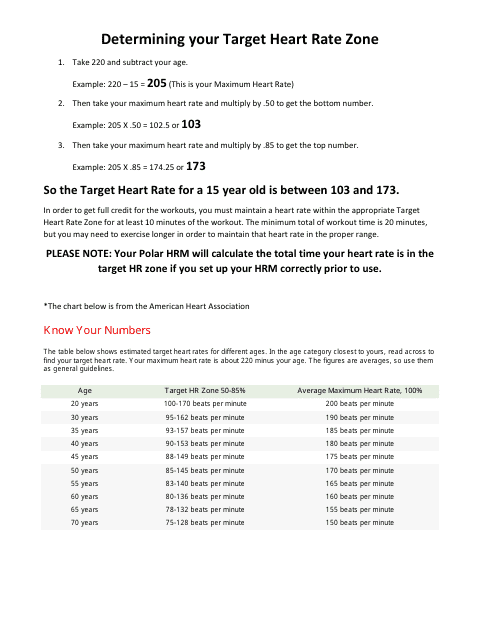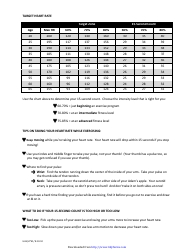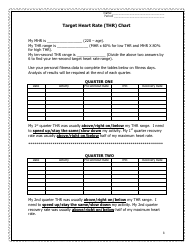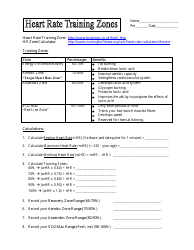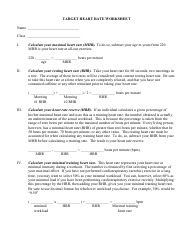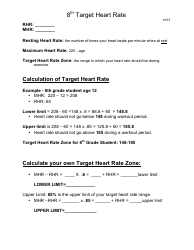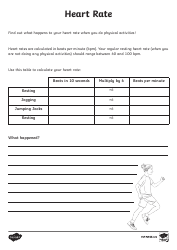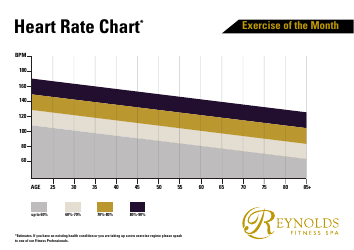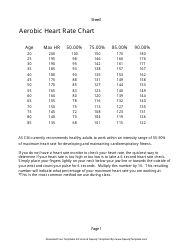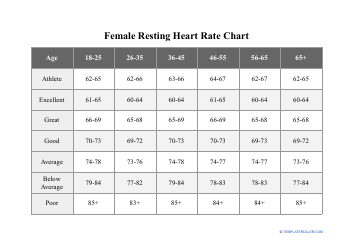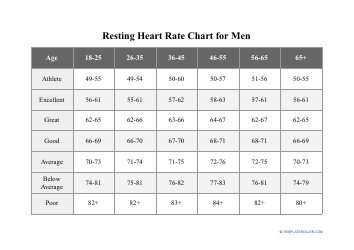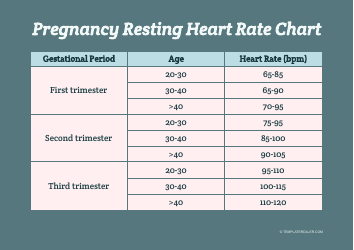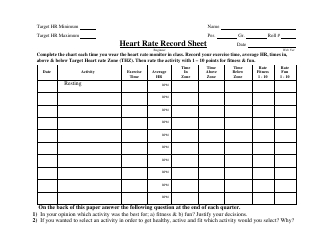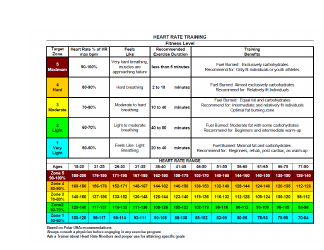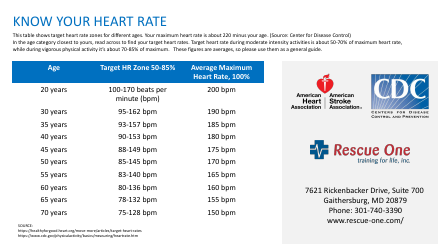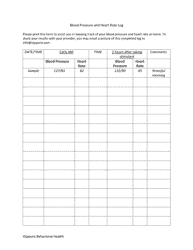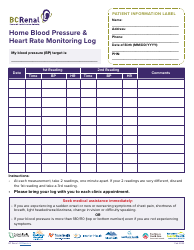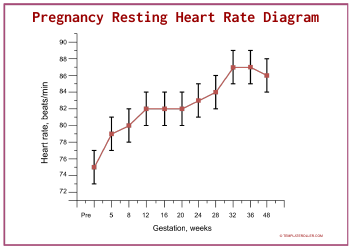Target Heart Rate Zone Chart
The Target Heart Rate Zone Chart helps individuals determine the ideal range of heart rate to aim for during physical activity. It can guide individuals in achieving their fitness goals and ensuring they exercise at a safe and effective intensity level.
The Target Heart Rate Zone Chart is not filed by any specific person or entity. It is rather a resource or tool that individuals can use to determine their target heart rate during exercise. The chart is generally available from fitness organizations, healthcare providers, or online sources.
FAQ
Q: What is a target heart rate zone?
A: The target heart rate zone is the range of heartbeats per minute which is considered ideal for maximizing the benefits of cardiovascular exercise.
Q: How can I calculate my target heart rate zone?
A: Your target heart rate zone can be calculated by subtracting your age from 220, and then multiplying the result by a percentage between 50% and 85%.
Q: What are the benefits of exercising within my target heart rate zone?
A: Exercising within your target heart rate zone can improve cardiovascular fitness, burn calories, and increase endurance.
Q: Why is it important to know and exercise within my target heart rate zone?
A: Knowing and exercising within your target heart rate zone ensures that you are working at an intensity that is challenging enough to be effective, but not too strenuous or unsafe.
Q: Can I adjust my target heart rate zone based on my fitness level?
A: Yes, you can adjust your target heart rate zone by modifying the percentage you use to calculate it. Beginners may start with a lower percentage, while those with higher fitness levels may aim for a higher percentage of their maximum heart rate.
Q: Can I monitor my heart rate during exercise?
A: Yes, you can use a heart rate monitor or track the pulse at your wrist or neck to monitor your heart rate during exercise and ensure that you are within your target heart rate zone.
Q: Is it safe to exercise above my target heart rate zone?
A: Exercising above your target heart rate zone can be intense and potentially unsafe. It is generally recommended to stay within your target heart rate zone to avoid overexertion and injury.
Q: Should I consult a doctor before exercising within my target heart rate zone?
A: If you have any underlying health conditions or concerns, it is advisable to consult with a doctor before starting or increasing the intensity of an exercise regimen within your target heart rate zone.
Q: Are there any exercises that are particularly effective in the target heart rate zone?
A: Any aerobic exercises that elevate your heart rate, such as running, cycling, swimming, or brisk walking, can be effective in the target heart rate zone.
